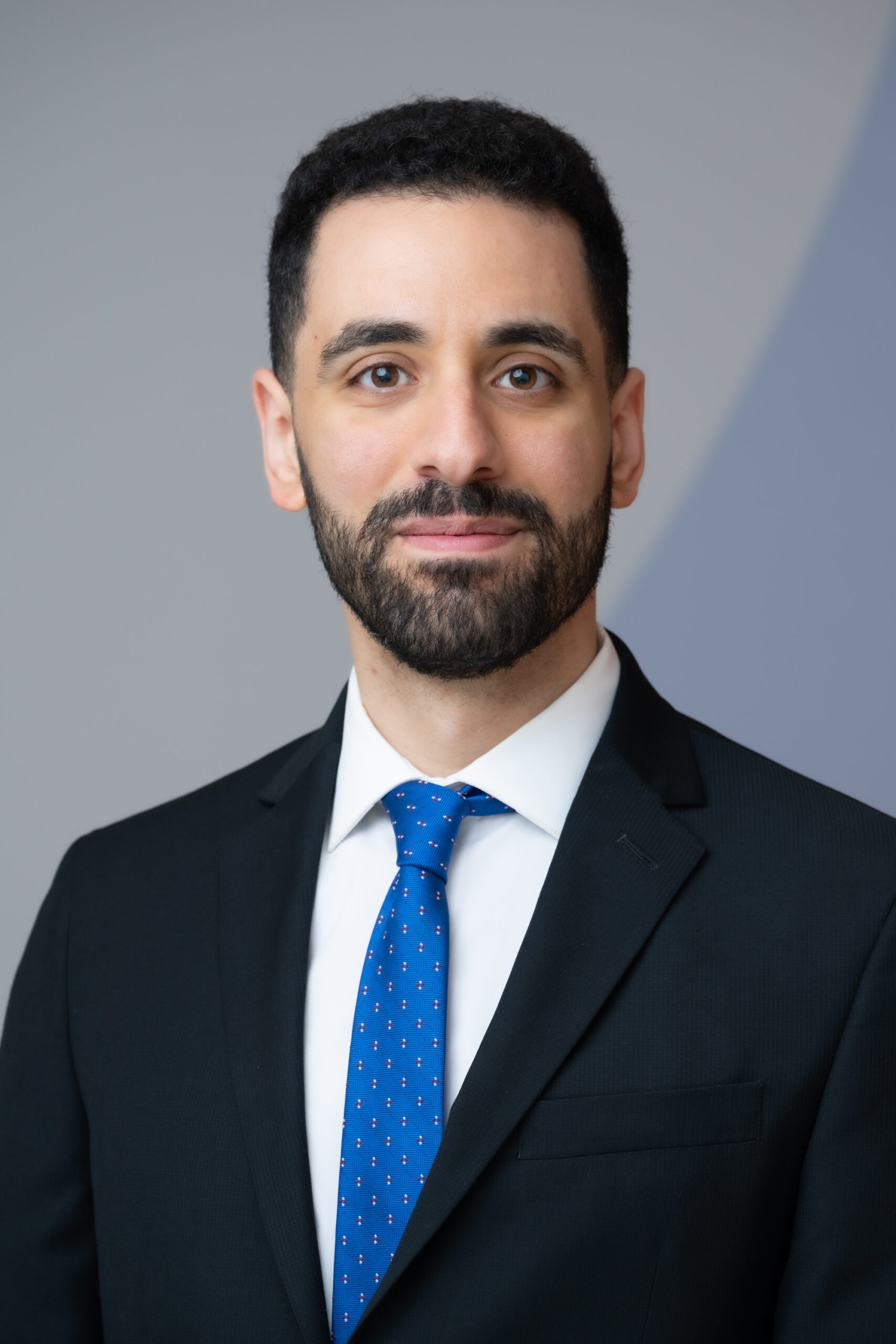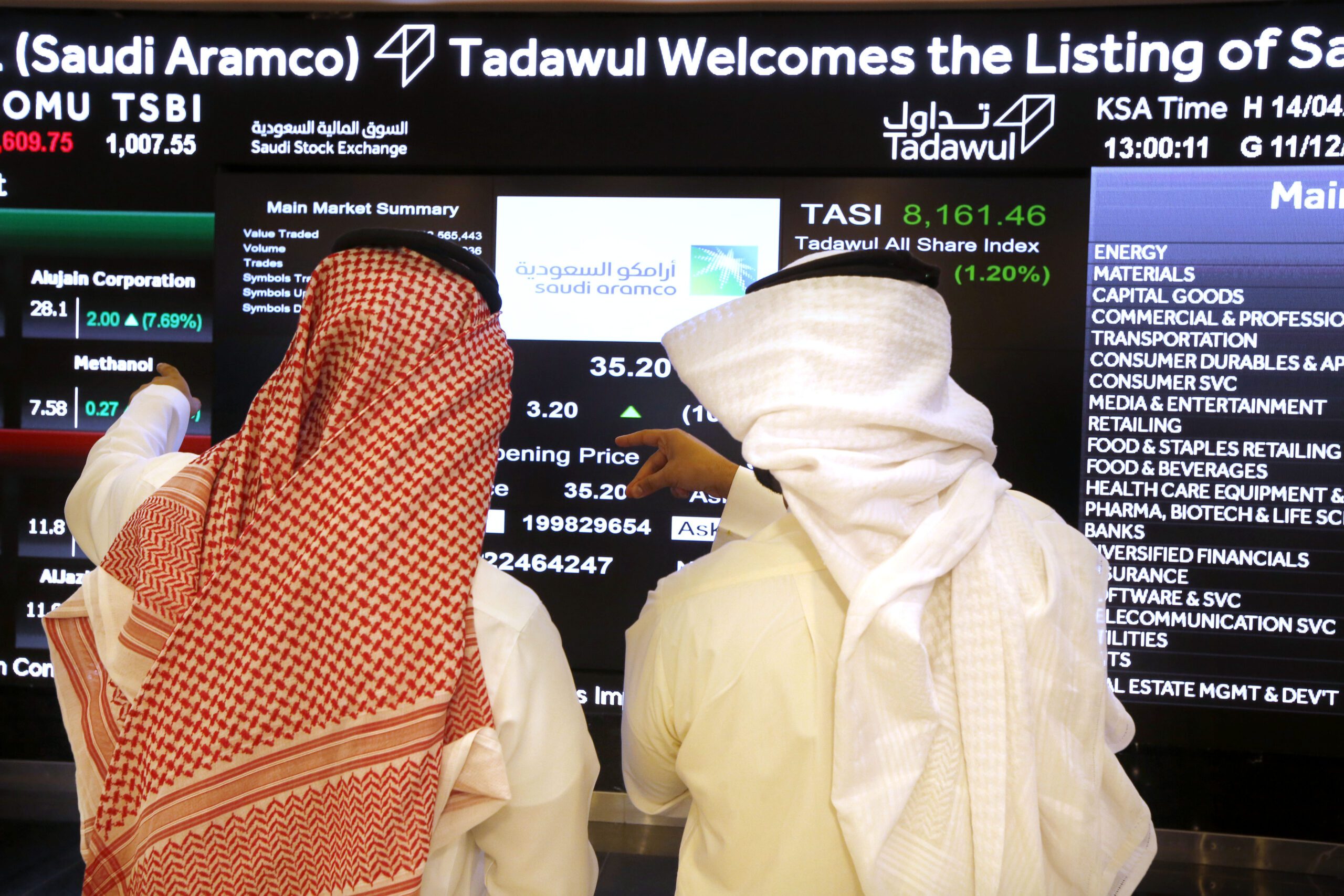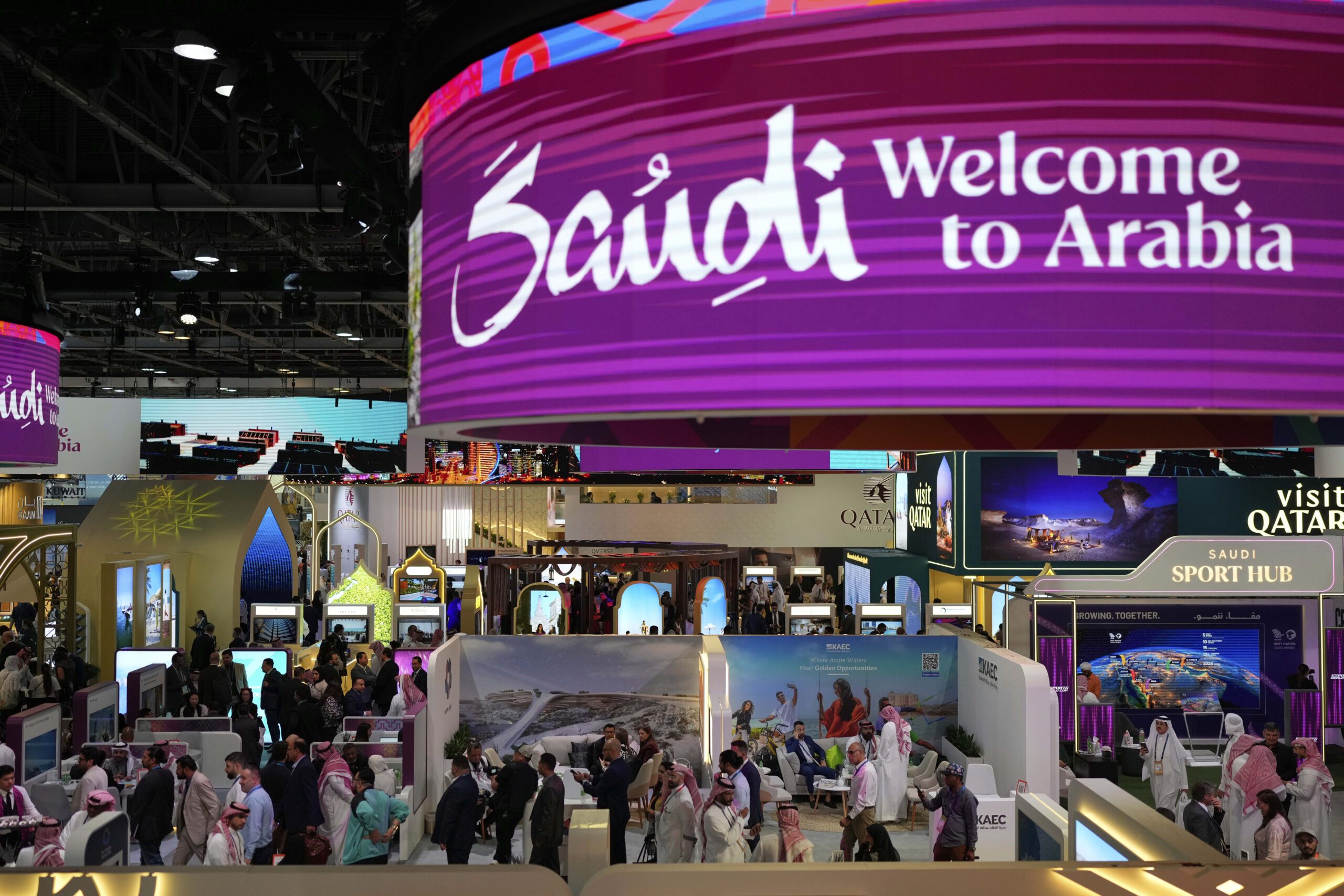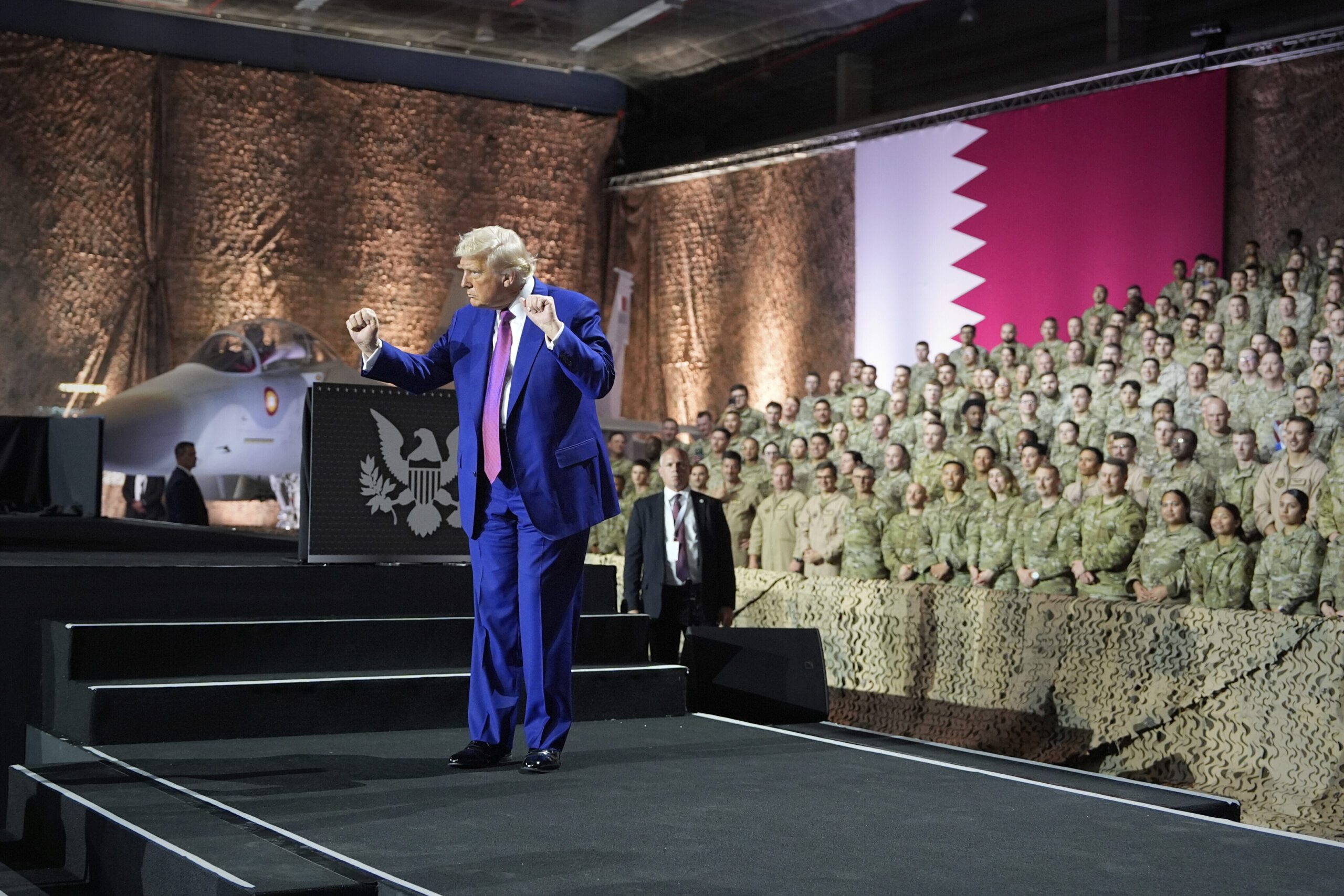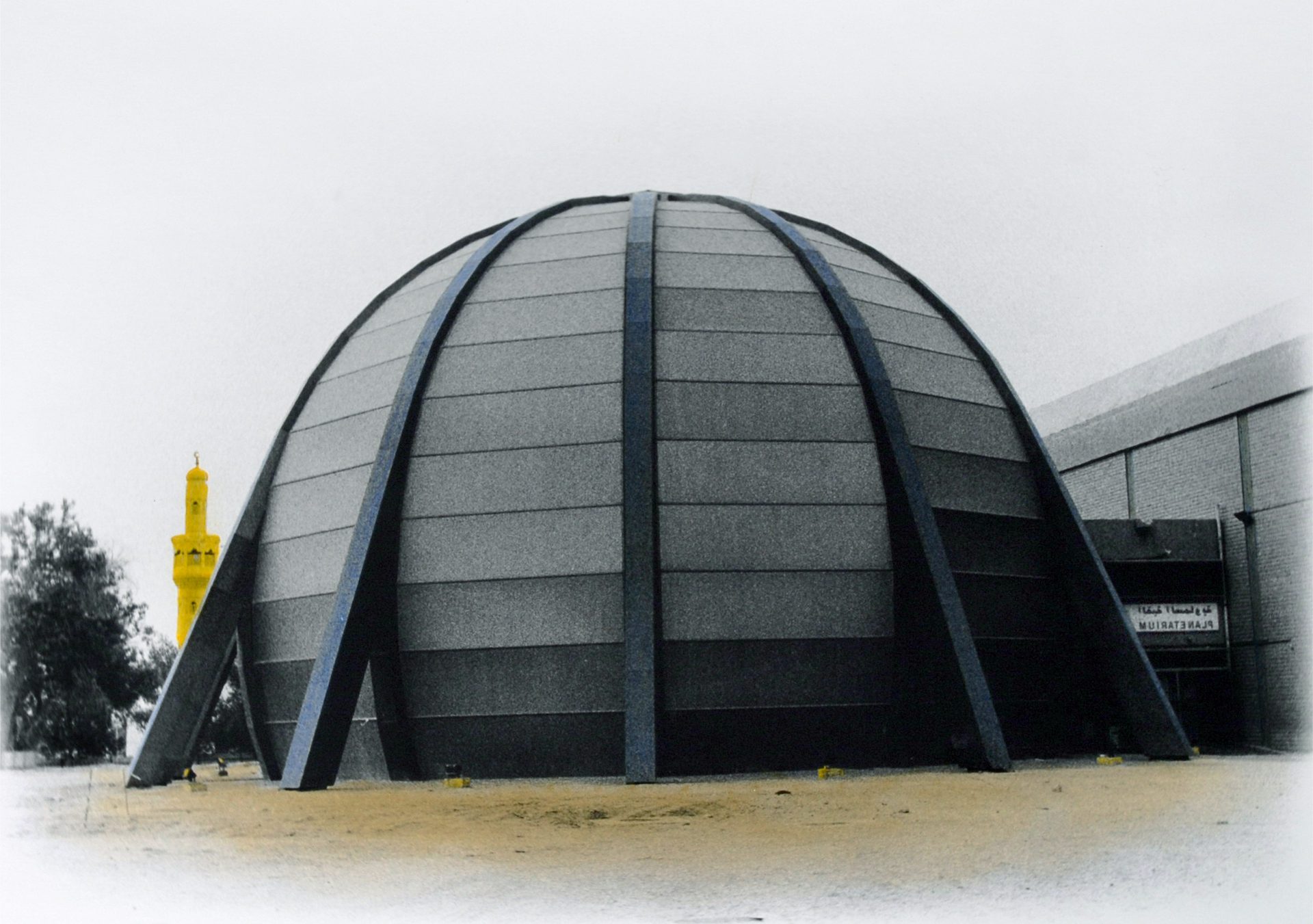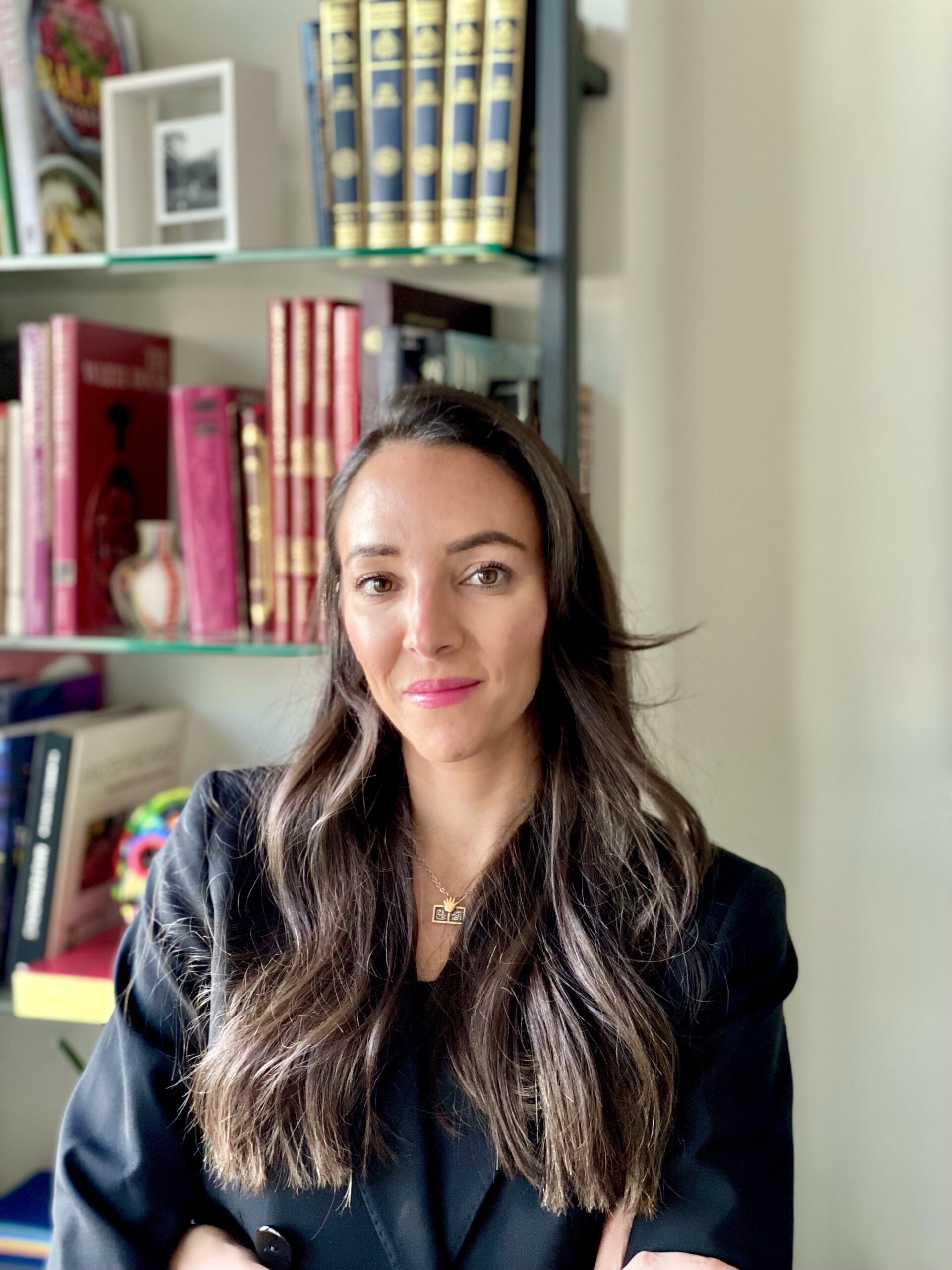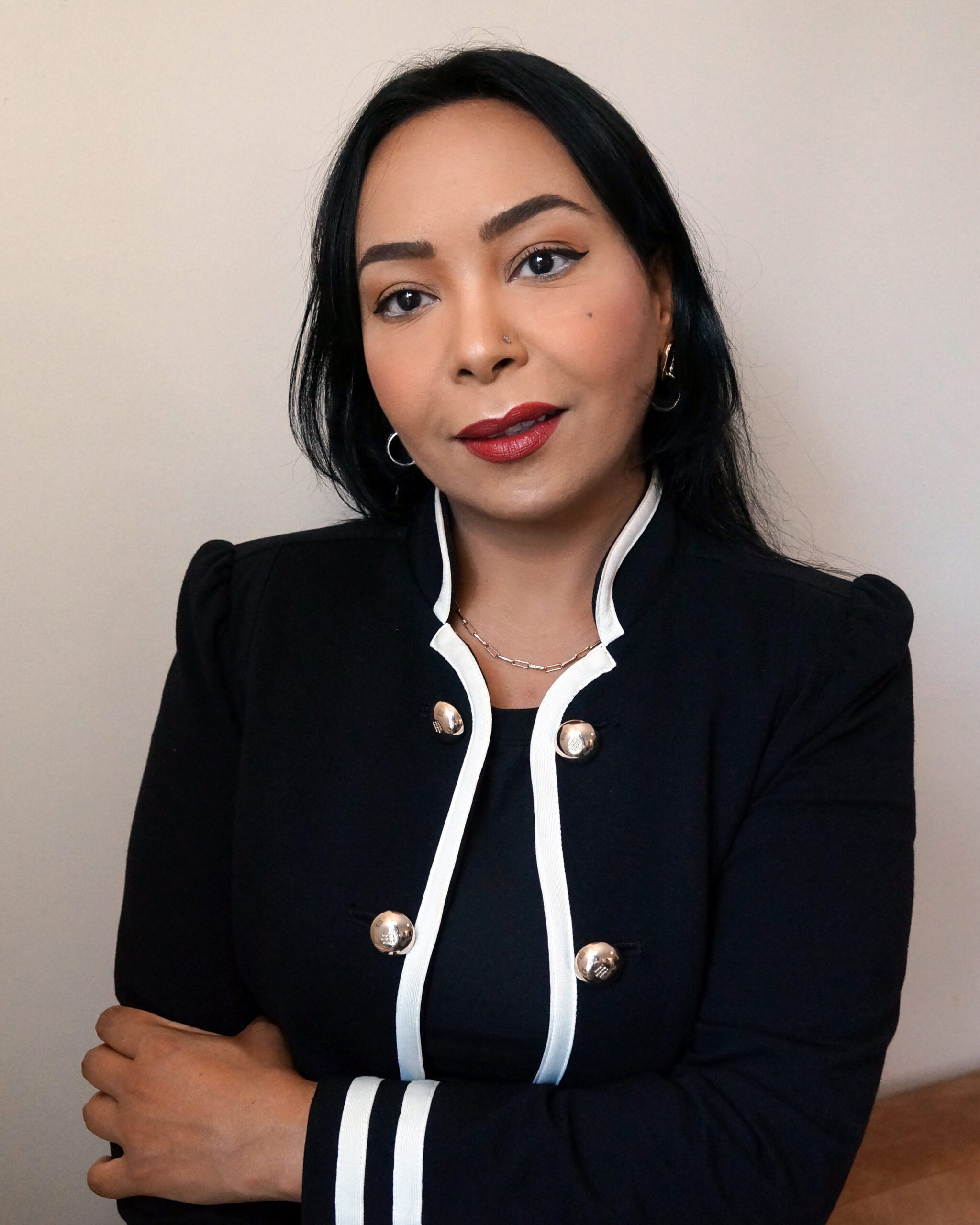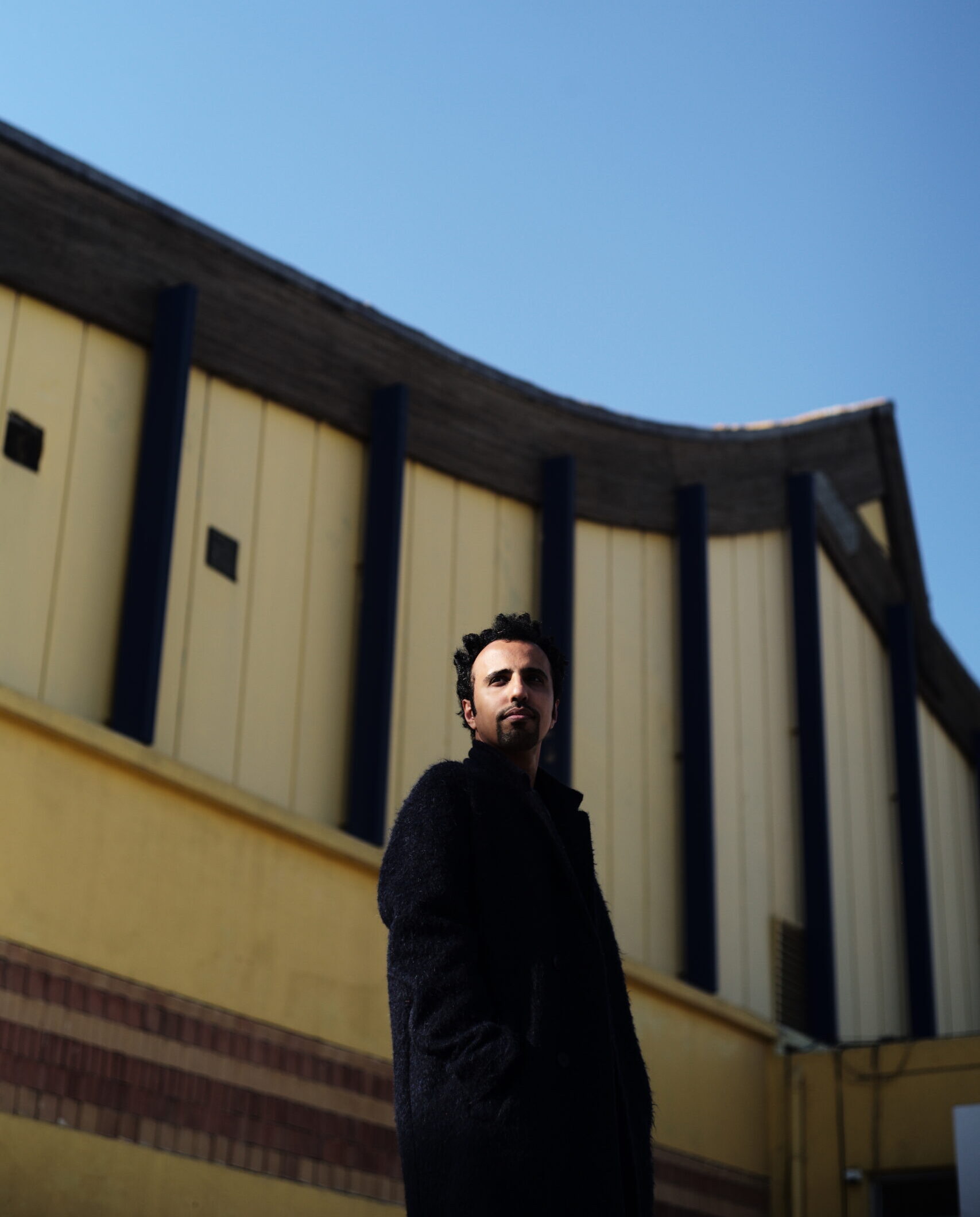Kuwait’s MbS: The Reform Agenda of Nasser Sabah al-Ahmed al-Sabah
A new Gulf prince has emerged from within the royal court with big plans for his country. The son of the leader, he is using the backing of his father to pursue his dream of badly needed reforms. Working from his appointment as defense minister and with economic powers derived from his chairmanship of a...
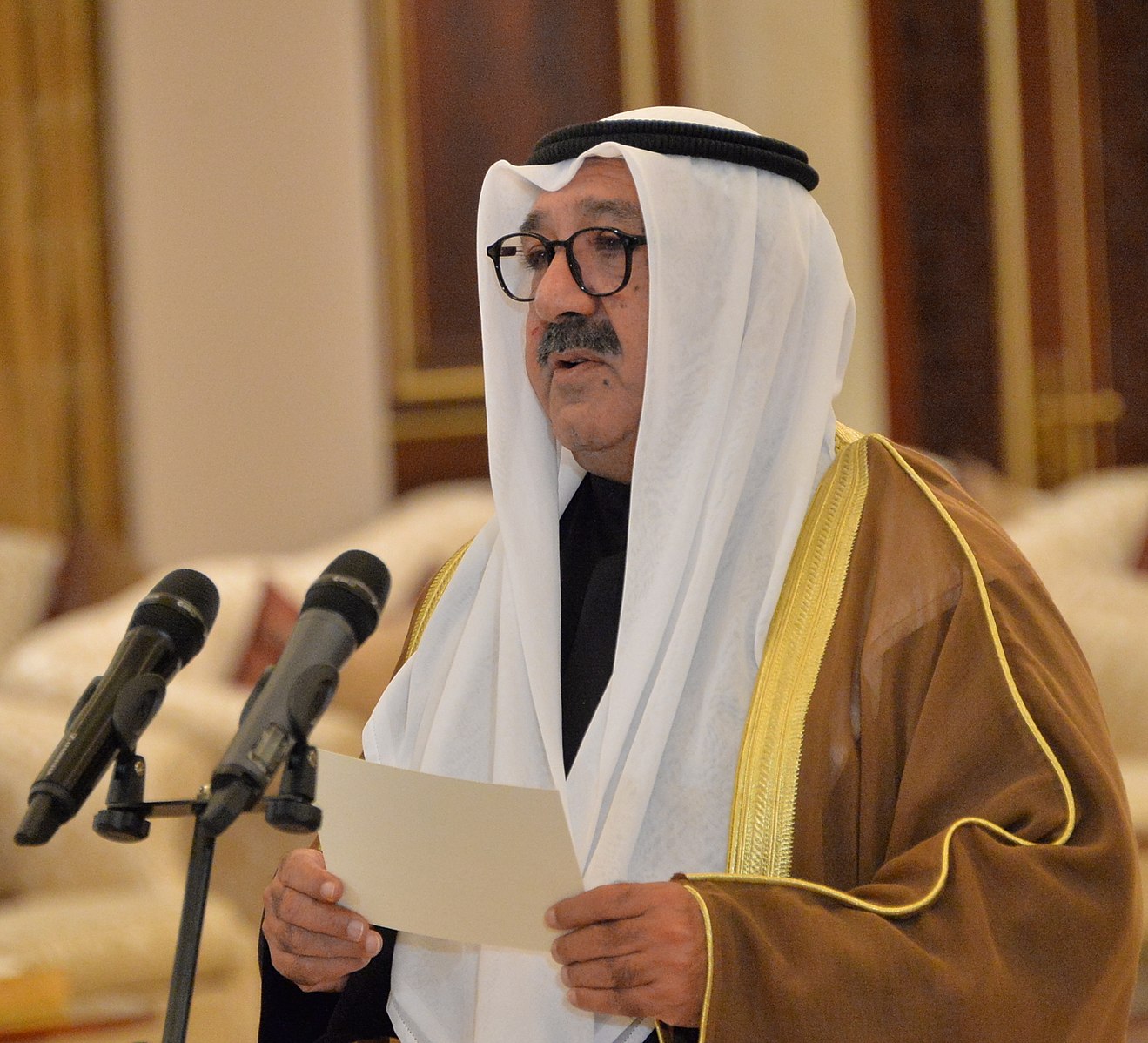
A new Gulf prince has emerged from within the royal court with big plans for his country. The son of the leader, he is using the backing of his father to pursue his dream of badly needed reforms. Working from his appointment as defense minister and with economic powers derived from his chairmanship of a planning committee, he is championing a new direction: expanded roles for women, economic diversification, and his pet project – a new tech-savvy city linked to a group of islands built to attract foreign investment and serve as an economic bridge to neighboring countries.
Sound familiar? If you notice the similarities to a certain 32-year-old prince of a Gulf kingdom recently seen energetically campaigning in the United States, you are not alone. The resemblance of their own Nasser Sabah al-Ahmed al-Sabah, has been duly noted by Kuwaitis, earning him the moniker of “Kuwait’s MbS.” Of course, Kuwait being Kuwait, this is said with tongue firmly in cheek, and with little expectation of the dramatic changes witnessed in neighboring countries.
More than twice the age of Saudi Arabia’s Crown Prince Mohammed bin Salman, Nasser lacks the millennial zeal of the Saudi heir apparent and has not heretofore demonstrated the political guile and boldness to take on Kuwait’s parliamentary system and diverse constituencies. While his late emergence signals a big step in following Qatar and Saudi Arabia toward securing future rule in a direct family line, Nasser is likely to adopt a more consensual approach to governance, and one less apt to shake up Kuwait’s carefully balanced, if sclerotic, system.
A Reluctant Reformer
The eldest son of Kuwait’s emir, Sabah al-Ahmed al-Sabah, Nasser first appeared on the political scene as his father maneuvered toward leadership in the late 1990s. At that time, Nasser founded a political magazine, al-Zaman, which he used in support of his father’s campaign within the ruling family. This included a news-making article in which he decried the state of the ruling family and called for fundamental internal reforms to right the leadership and its steering of the country. The Kuwaiti opposition has opportunistically resuscitated this call for change, and admonished Nasser to heed it.
Once his father successfully emerged on top in a succession battle contested by rival branches of the ruling family, Nasser closed his magazine and withdrew within the royal court, holding the position of minister of Emiri Diwan Affairs from 2006 through 2017. During that time, he minded his businesses and made multiple forays to China, nourishing an abiding interest in reviving the Silk Road through greater trade and investment with Asia. His family has played an important role in the cultural life of the emirate: his wife Hussa Sabah al-Salem al-Sabah has championed arts from her post as head of Kuwait’s Dar al Athar al-Islamiyyah, and his daughter, Dana Nasser Sabah al-Ahmed al-Sabah, founded the American University of Kuwait.
While Nasser’s interests in economic diversification and reform have been well-known, he proved reluctant to enter Kuwait’s rough-and-tumble political arena to champion the changes publicly. In the meantime, royal rivals stepped into the role of prime minister and found their reputations tarnished and future claims to the throne dented through corruption scandals, political combat with the Parliament, and the resistance of Kuwait’s entitled bureaucracy. With his father now in his 80s and Crown Prince Nawaf al-Ahmed al-Sabah in questionable health, it appears Nasser is finally daring to step into the ring of Kuwait’s pugilistic politics.
Championing Kuwait’s Leadership in the Northern Gulf
With the Cabinet shuffle of December 2017 and his appointment as first deputy prime minister and minister of defense, Nasser has taken on a long-anticipated role in Kuwait’s government. While seizing the Cabinet opening at a key sovereign ministry, his authority extends well beyond defense into his more natural focus on the economy. As head of both the General Secretariat of the Supreme Council for Planning and Development and the Civil Service Commission, Nasser will play the leading role in reinvigorating Kuwait’s Vision 2035 initiative, originally put in place in 2010, nearly a decade before the Saudi plan.
Nasser’s priority is clear: the resuscitation of a long-delayed plan to construct a new city in Kuwait’s north, to be named Silk City. In its most recent iteration, announced during the March 25 Kuwait Investment Forum, Silk City is to be merged with a second ambitious project to transform Kuwait’s five northern islands into an integrated port and economic zone. With the Silk City and islands initiative, Kuwait takes its place among several Gulf countries pursuing megaprojects as transformational vehicles for reform.
The Silk City and port megaproject embodies Kuwait’s intent to strengthen its strategic position and economic leadership in the northern Gulf. Many Kuwaiti businessmen have origins in Iraq and Iran and view these markets as a natural extension. Still, Iraqis are likely to see this development as a direct challenge to their own hopes to develop their southern ports and coastline at the Faw peninsula, as indicated by protests in Basra in 2011 and 2017. Indeed, the drive to attract foreign investment in the northern project, especially from China and Asia, serves the dual purpose of economic diversification and amplifying foreign stakes in continued Kuwaiti sovereignty over its northern territories.
The drive for diversification from a rentier state par excellence also requires tackling the mindset and inertia of Kuwait’s bureaucracy and regulations. Over 90 percent of the Kuwaiti population is employed by the state. Nasser appears to be adopting a diversionary tactic toward the state bureaucracy similar to the one taking shape in Saudi Arabia: the establishment of parallel ministerial structures with more flexible rules. This is apparent in Ministry of Commerce and Industry initiatives with agencies offering government posts with higher pay and more flexibility on termination. And it can also be seen in the more business-friendly regulatory framework being proposed for the islands project – a move that will require parliamentary approval.
Navigating Kuwait’s Politics
Kuwait has lagged noticeably behind its Gulf neighbors in megaprojects and foreign investment, in part due to the intransigence of its populist Parliament. These elected officials, representing the interests of government employees, are mostly hostile to privatizations that threaten the public sector, and wary of megaprojects that enrich Kuwait’s oligarchic elite. The Al Sabah family-led executive has been working to curb the ability of Parliament to check its actions, changing voting laws to make the election of opposition politicians more difficult, and interpreting the internal laws of the National Assembly to make questioning ministers harder.
The draft law to establish the General Authority of the City of Silk, Boubyan Island and Port Mubarak will require parliamentary approval. It already is facing political opposition, including charges that its independent powers subvert parliamentary oversight and challenge the constitutional order. It will require considerable political skill to overcome these objections and build public support, for this project as well as for Nasser’s other reform initiatives.
His first act as minister of defense was to suggest that Kuwaiti women may be conscripted into national military service – an act that one inside observer of Kuwaiti politics equated to Bill Clinton starting his presidency lifting the ban on homosexuals in the U.S. military. The measure was sent for further study after it, predictably, came in for heavy criticism in Kuwait’s Parliament, where Sunni and Shia Islamists and conservative tribal representatives still have considerable clout. He had more success with another controversial change: amending the military law to admit biduns and non-Kuwaitis into the military, measures he later got passed through Parliament.
The government led by his father has deployed both carrot and stick toward Kuwait’s restless youth population. Young political activists who took to the streets in 2011-12 have been hounded in the courts. Nearly 70 activists alongside opposition members of parliament recently served several months in prison for their role in storming the Parliament in protest. They still face a court decision that could result in lengthy prison sentences, although there have been some indications of a more lenient resolution. At the same time, the royal court has directly undertaken some high profile public projects that have been very popular with youth: Al Shaheed Park, the Sheikh Jaber Al-Ahmad Cultural Centre for performing arts, and the Sheikh Abdullah Al Salem Cultural Centre for exhibitions. Yet, as elsewhere in the Gulf, results in the form of job creation and government responsiveness and performance will be key to maintaining youth support.
Kuwaiti Exceptionalism
Many Kuwaitis bemoan the lack of political leadership in their country, at least in comparison with their striving neighbors in Abu Dhabi, Doha, and now Riyadh. Yet it is clear that achieving the reform goals broadly shared across the region – economic diversification, more opportunity for youth and women – may require a different approach in independent-minded Kuwait. Thus far, Nasser has appeared to lean into the structural advantages held by the ruling family-led executive, while simultaneously reaching out, listening to Kuwait’s varied political constituencies. For the moment, Kuwaitis appear willing to give this latest and perhaps most convincing heir apparent his opportunity to lead.
The views represented herein are the author's or speaker's own and do not necessarily reflect the views of AGSI, its staff, or its board of directors.

